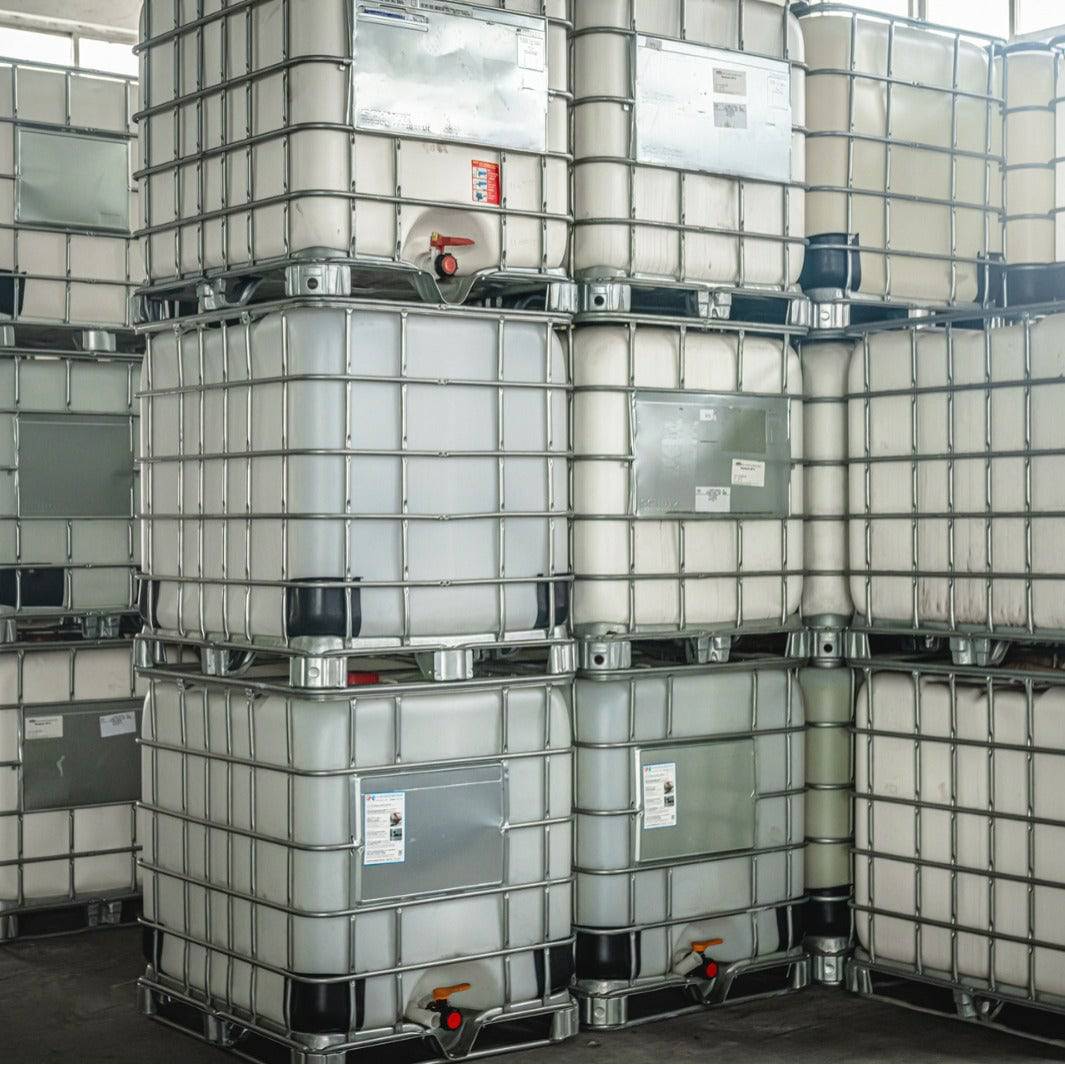The Function of Heat Transfer Fluid in Enhancing System Efficiency and Security
In the ever-evolving landscape of industrial procedures, warm transfer liquids (HTFs) emerge as critical parts in optimizing both system performance and security. These specialized fluids, known for their superior thermal conductivity and controlled viscosity, enable reliable warmth exchange, which is indispensable for structured operations.
Comprehending Heat Transfer Liquids
Heat transfer liquids, frequently taken into consideration the lifeline of thermal management systems, play a pivotal duty in managing temperature level across numerous industrial applications. These liquids are important in procedures where warmth must be either taken in or dissipated to maintain optimum operating conditions. Industries such as chemical handling, power generation, and manufacturing depend on warmth transfer liquids to make sure devices operates successfully and safely. By helping with the transfer of thermal energy, these fluids help in stopping overheating, thus extending the lifespan of machinery and lessening downtime.
The option of an appropriate heat transfer fluid is essential to the success of a thermal management system. In summary, a detailed understanding of warmth transfer fluids is essential for optimizing system performance, ensuring functional security, and achieving economical thermal administration options.
Secret Quality of HTFs

The certain warmth capacity of an HTF marks the quantity of heat needed to alter its temperature, impacting how efficiently the system can react to temperature level variations. The boiling and freezing points of HTFs likewise play a critical duty, specifically in systems exposed to extreme temperature levels, making sure liquid stability and preventing phase adjustments during procedure. Furthermore, the chemical stability of HTFs under differing thermal problems is essential to protect against degradation and extend fluid life. Lastly, compatibility with system products is necessary to avoid deterioration and material deterioration, making sure long-lasting operational integrity. These residential or commercial properties jointly notify the option of a suitable HTF for specific commercial applications.
Enhancing System Efficiency
To enhance system performance with warm transfer liquids (HTFs), it is crucial to incorporate a thorough approach that considers both liquid residential properties and system style. The choice of an ideal HTF is critical, as its thermal conductivity, thickness, and certain warm capability directly influence the effectiveness of heat exchange.
Similarly essential is the style of the warm transfer system itself. The surface area and product of heat exchangers need to be maximized to take full advantage of warmth transfer efficiency.
Boosting Operational Safety And Security
Making sure operational safety in heat transfer systems calls for a thorough concentrate on both the homes of heat transfer fluids visit our website (HTFs) and the design and maintenance of the whole system. HTFs need to possess thermal security, reduced flammability, and suitable viscosity to decrease risks such as leakages, fires, and system malfunctions. Picking the ideal HTF is critical as it identifies the system's capability to deal with temperature fluctuations without endangering security.
The style of the system ought to integrate redundancies and fail-safes to manage prospective risks successfully. This includes the assimilation of safety and security valves, pressure alleviation devices, and temperature level tracking systems to discover and resolve anomalies immediately. Normal upkeep is vital to make certain that all components, including pumps, pipes, and seals, are operating correctly and are totally free from wear or rust, which can cause hazardous leaks or failings.
Moreover, employees in charge of the operation and maintenance of warm transfer systems need to be properly trained in security procedures and emergency situation reaction treatments. Consistent training programs and safety drills can dramatically minimize the chance of accidents, making certain a more secure working environment. Ultimately, a thorough strategy to security-- including fluid choice, system layout, and workforce training-- is essential for optimal operational protection.
Market Applications of HTFs
Commonly made use of throughout various markets, warmth transfer fluids (HTFs) play a critical duty in boosting the effectiveness and integrity of thermal monitoring systems. In the chemical market, HTFs are important for maintaining precise temperature levels throughout reactions, guaranteeing product uniformity and high quality. They promote heat exchange procedures in activators, condensers, and heat exchangers, thereby enhancing energy use and minimizing waste.
In the oil and gas field, HTFs are utilized in both upstream and downstream operations. They take care of temperature in boring operations and enhance efficiency in refining processes by supplying steady thermal problems. This results in decreased downtime and boosted safety click for source and security, especially in critical procedures such as purification and breaking.
The pop over here renewable resource industry likewise profits dramatically from HTFs, especially in concentrated solar energy (CSP) plants. Right here, HTFs transfer caught solar power to power turbines, making it possible for reliable power generation. The pharmaceutical sector depends on HTFs for exact temperature level control in both synthesis and storage space, ensuring product efficacy and security.


Furthermore, the food and drink industry utilizes HTFs for pasteurization, sterilization, and cooking processes, boosting both product security and production performance. Throughout these sectors, HTFs serve as important components in preserving optimal operational efficiency and safety and security.
Verdict
Heat transfer fluids are necessary in boosting industrial system performance and safety and security by providing high thermal conductivity, optimal thickness, and thermal stability. Proper option and maintenance of HTFs improve heat exchange effectiveness, thereby improving operational performance.